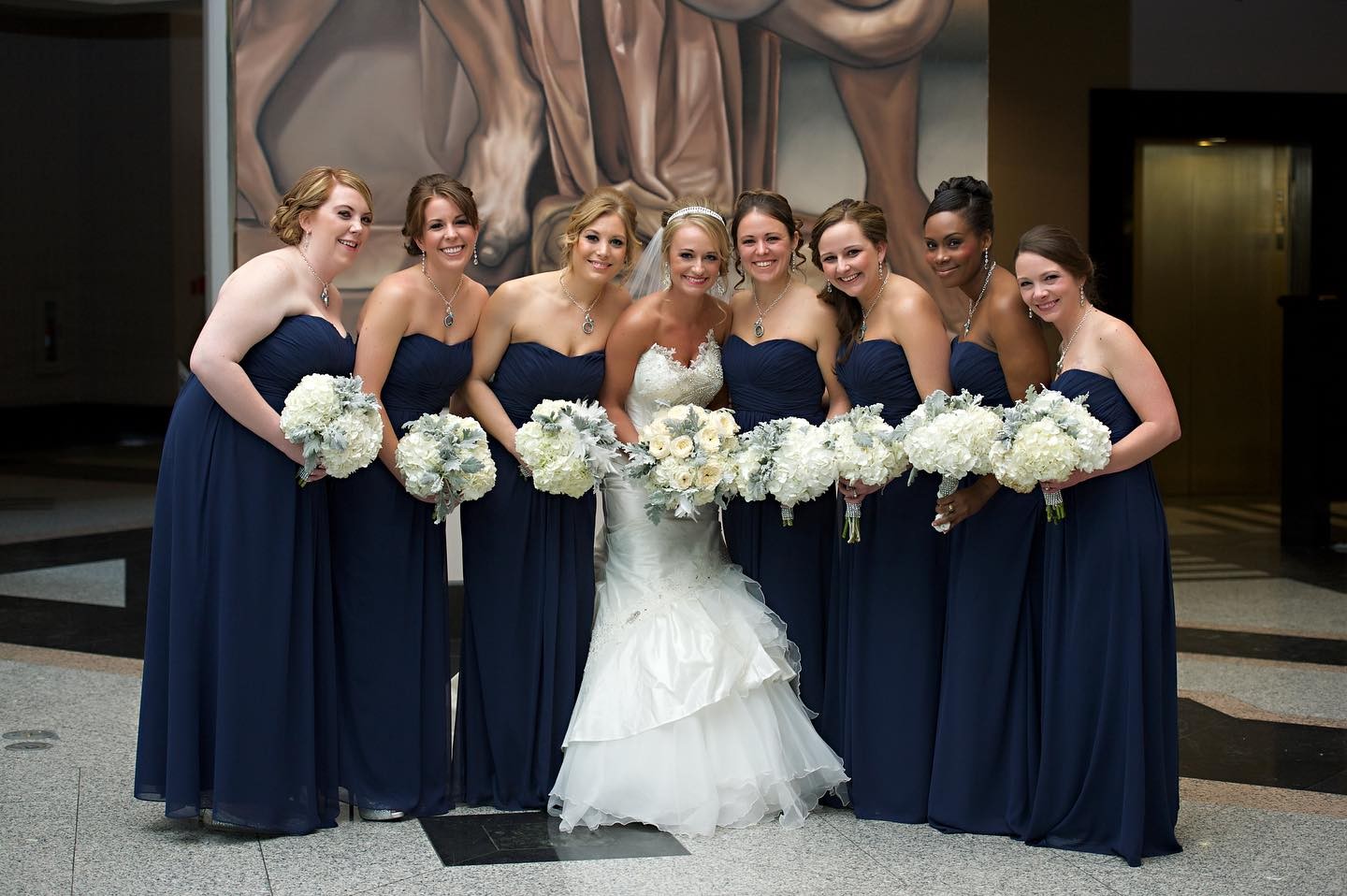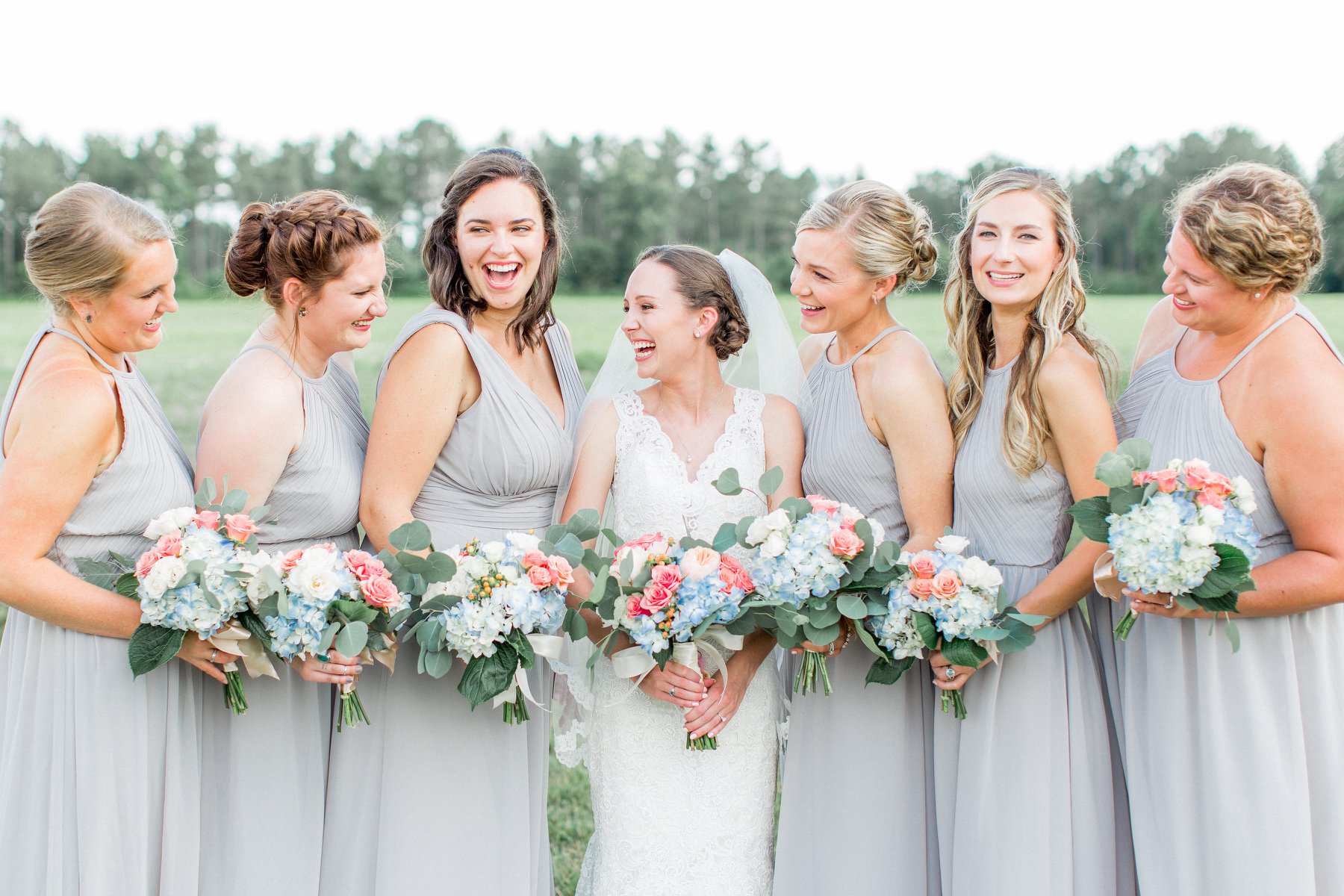Etiquette: the practice of polite and dignified behavior, or the expected decorum in our society. Sometimes it may seem as if etiquette is a lost art and we especially feel its loss when we realize we were “B list” guests at a party—or when someone cuts in line because they feel their time is more important. The former example is a subtler nuance of etiquette while the latter is a more obvious one. There are many, many nuances of etiquette and if you’re going to plan a wedding, you need to be aware of some of those subtler details.
Today we’re going to address etiquette and, specifically, wedding invitations. You’ll hear of brides and grooms staggering their invitations—that is, selecting a group of people they must invite, followed by another group that they’d like to invite but for one reason or another they don’t make the first group cut. Sometimes there’s even a C group of invitees! The reasons are as multifaceted as the diamond in an engagement ring: “Our parents are paying for the wedding, so we have to invite their friends and it doesn’t leave us much room for some of our friends,” “I like these people, but not as much as this first group of people—so I’ll invite them if someone in my A group declines,” or “We have to invite all our cousins or Grandma will have a fit, so the moment we get a decline, we’ll send an invitation to Sally.”
While it’s definitely a money-saving or space-saving plan, it’s also very much against etiquette (also known as impolite or rude). One way or another, your B-listers (and those poor C-listers) always find out they weren’t the first pick to attend your celebration. It can come down to plain logistics: they never received a save the date, yet they saw the magnet/card at a mutual friend’s house; they heard you talking about save the dates at a dinner party or on Facebook but never received one—yet received an invitation two or three weeks before the wedding; or they received an invitation much later than mutual acquaintances. Or there’s always the chance they find out at the wedding when they hear others discussing details or how far in advance they arranged plans so they could attend…the possibilities are endless!
We get it; you don’t want to hurt anyone’s feelings, but you just couldn’t afford or fit one more plate at the venue. That’s where etiquette comes in. Many people dislike or eschew etiquette because it’s rather stern in its guidelines, but we’re going to let you know of them so you can make your own decision.
Etiquette states that you should invite everyone at the same time and stop there. Invite only as many as you can afford or you have room for—if you get declines, there’s no B-list. It can be very hard as it means cutting out people you may genuinely want there, but the polite protocol is to be firm in your “A list” invitees, even if it’s more of your parents’ colleagues than you want (and that may be because your parents are paying for it, in which case you should do your best to compromise with them).
So how do you decide who makes the one and only cut? You can write a list of everyone you’d love to invite (or have to for the sake of keeping the peace!) and then start to rule some out by asking the following questions:
When was the last time you spoke to this person?
Did they move far away/out of state?
Have they met your significant other yet?
Co-workers—would you still be friends if the company dissolved?
Ask yourself: will we still be friends in 5 years?
Is it a good friend or is a friend of a friend you just see often?
Hopefully, by asking yourself those questions, you’re able to slim the list down a bit. If not, then you’ll have to consider your venue and how much flexibility there is to upgrade to a larger space, or perhaps cut out the sweets table to afford more dinner plates for your must-have guests.
Don’t forget this golden etiquette rule: if a guest has a significant other, they must be invited. There are no exceptions (“I’ve never met him/her,” “They don’t live together,” or “They’re not engaged”). They must be considered as a “package.” If a guest is actually single, you do not have to allow room for a plus one unless you want to! Remember, weddings are a great place for singles to meet other singles!
So now that you know this one aspect of etiquette, use your knowledge wisely and as you see fit. One of the perks of having a wedding planner is having an expert to throw all your questions at! Call us if you feel like wedding planning is becoming more of a chore than a pleasure—we want you to love every minute of the process, not just the day itself!



